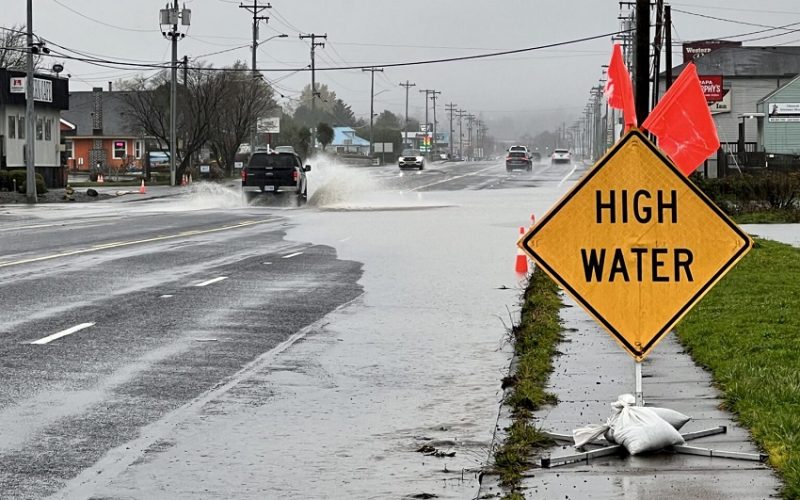Salem, OR – A bill aimed at making fossil fuel companies financially responsible for the environmental damage caused by their climate pollution has stalled in Oregon. The proposed legislation, known as Senate Bill 1187, the Make Polluters Pay Act, will not move forward after the Senate Committee on Energy and Environment decided not to vote on it during a meeting Wednesday. The bill, introduced by Sen. Khanh Pham, D-Portland, sought to establish a “climate superfund” that would have required major fossil fuel companies to pay for the downstream costs of their pollution, including wildfire prevention, disaster recovery, and support for disadvantaged communities suffering from climate change’s impact.
The decision to let the bill die in committee marks a significant setback for those advocating for more direct action against the fossil fuel industry. Sen. Pham, a member of the committee, expressed her deep disappointment with the outcome but vowed to continue advocating for the bill in future legislative sessions.
“We’ve known climate change would lead to these catastrophic disasters since at least 1981,” Pham said after the decision. “We have had 45 years to take action, and frankly, I think further delay in finding a way to help fund Oregonians’ recovery and resilience building, and holding the fossil fuel industry accountable, is an insult to the people who have died and the Oregonians who are paying to rebuild their lives out of their own pocket.”
The bill, if passed, would have created a fund seeded with millions of dollars in damages collected from the companies most responsible for the majority of global greenhouse gas emissions, including major players such as Exxon Mobil, Chevron, and others in the oil, gas, coal, and cement industries. These companies are directly linked to about 80% of global emissions over the last decade, according to environmental groups.
One of the primary purposes of the climate superfund would have been to allocate 30% of the funds for wildfire prevention and response, particularly benefiting the Oregon State Fire Marshal’s Office. Additionally, 40% of the funds would have been directed to disadvantaged communities that bear the brunt of climate-related disasters, such as heatwaves, droughts, and extreme wildfires.
The bill was inspired by similar legislation passed in other states, including Vermont and New York in 2024. California, Connecticut, Hawaii, Maryland, Massachusetts, New Jersey, Rhode Island, Tennessee, and Virginia are also considering similar proposals to hold fossil fuel companies accountable for their role in climate change.
Support for the bill had been strong, with dozens of young Oregonians and senior citizens from the advocacy group Third Act attending the public hearings to testify in favor of the legislation. At the first hearing on Monday, a second hearing room had to be opened to accommodate the overflow of people showing their support. Despite the overwhelming backing, the bill faced opposition from industry lobbyists, who argued that it was too broad and impractical.
Sharla Moffett, a lobbyist for Oregon Business and Industry, criticized the bill’s sweeping approach, suggesting that stakeholders had not been given enough time to review it. Rocky Dallum, representing the Northwest Pulp and Paper Association, which represents pulp and paper mills across the region, pointed to the state’s existing Climate Protection Program, which already provides an avenue for companies to pay into climate adaptation through carbon credits.
Although the bill has not advanced, Pham and other climate advocates remain resolute in their push for action. They argue that the economic and human costs of climate change are becoming too great to ignore, especially as wildfires, drought, and other extreme weather events continue to devastate communities across Oregon.
With the committee’s decision, the path forward for the Make Polluters Pay Act remains uncertain. However, supporters of the bill vow to keep the pressure on lawmakers, advocating for stronger accountability for the fossil fuel industry and a more comprehensive strategy to address the ongoing climate crisis.











